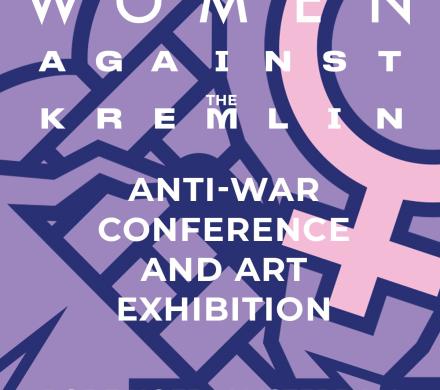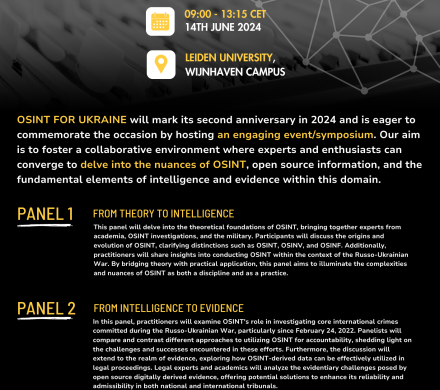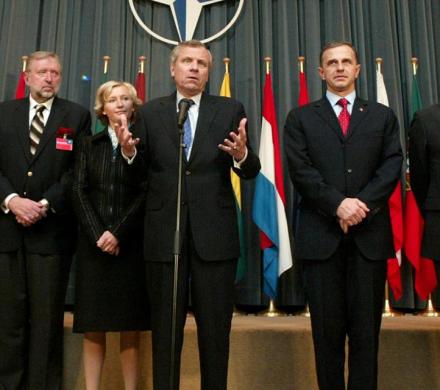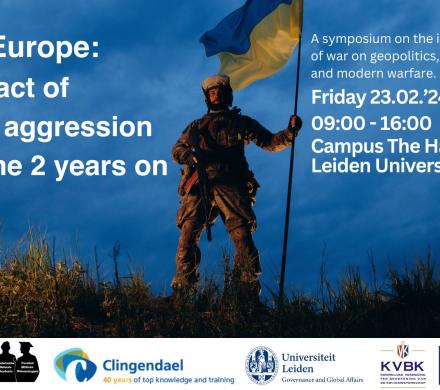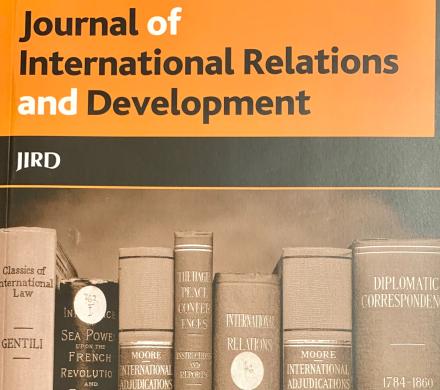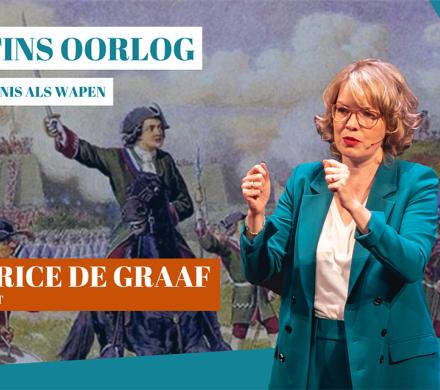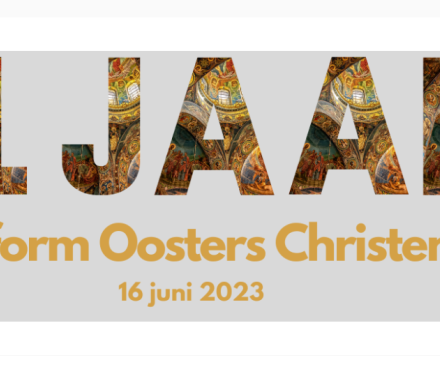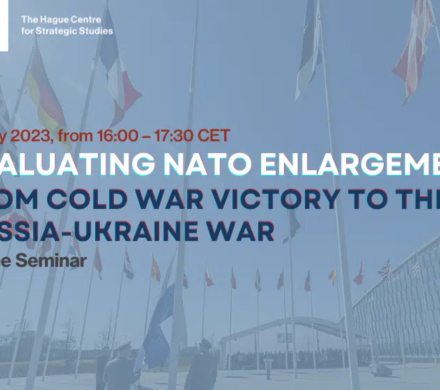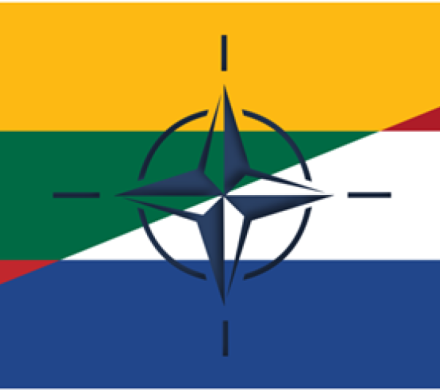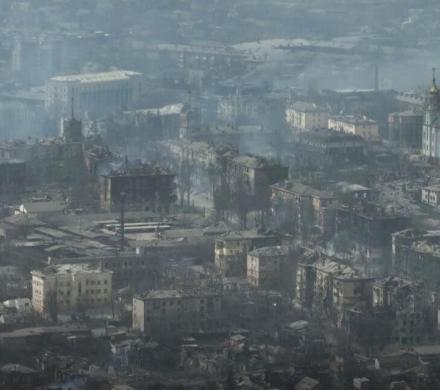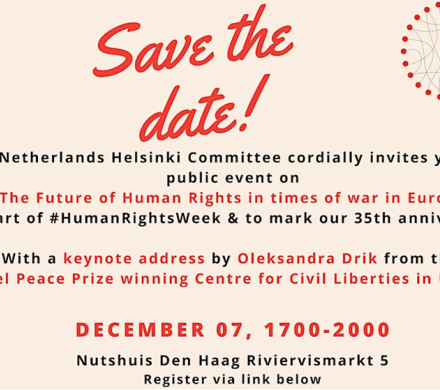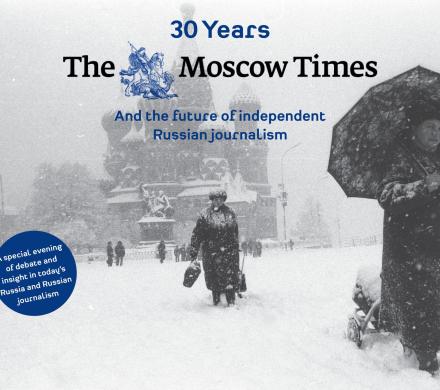On March 29, 2004, Bulgaria, Estonia, Latvia, Lithuania, Romania, Slovakia and Slovenia formally acceded to NATO in what was the biggest enlargement round in the history of the Alliance. Since then, the seven countries, which represent much of NATO‘s eastern flank, have contributed extensively to the implementation of NATO‘s core tasks and policy priorities, and to this day remain among the most active and supportive members of the Alliance.
Since Lithuania hosted the NATO Summit in 2023 and the Netherlands are poised to host one in 2025, this event will provide a unique opportunity to combine an anniversary celebration and a focused discussion on the past, present and future of the North Atlantic Alliance. This event, therefore, will focus both on highlighting the impact of the 2004 enlargement, as well as the challenges NATO faces on its eastern flank and how the Alliance can face those.

